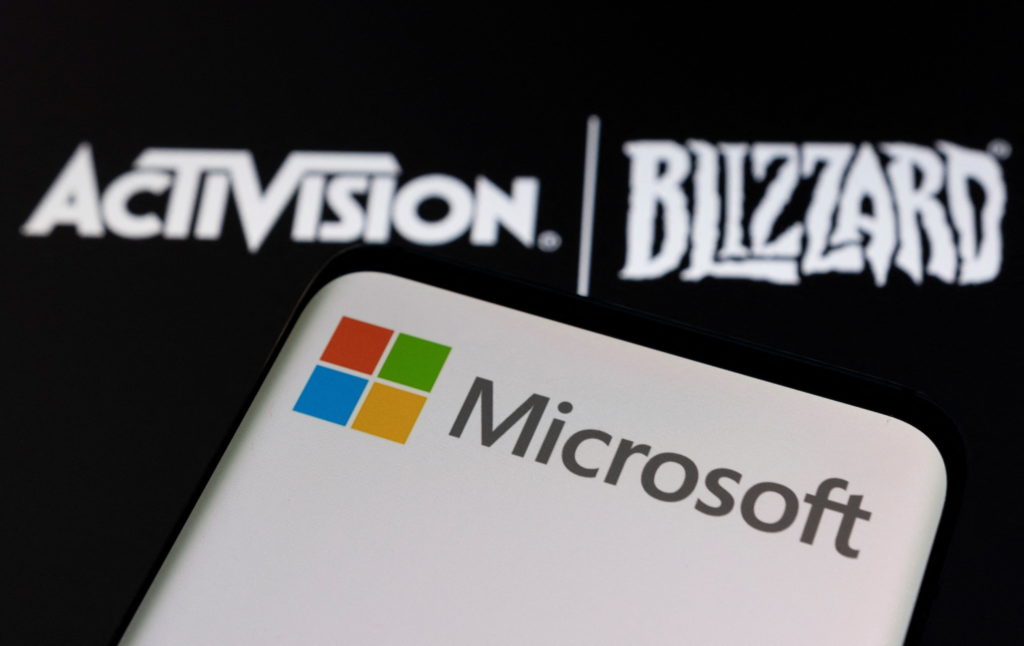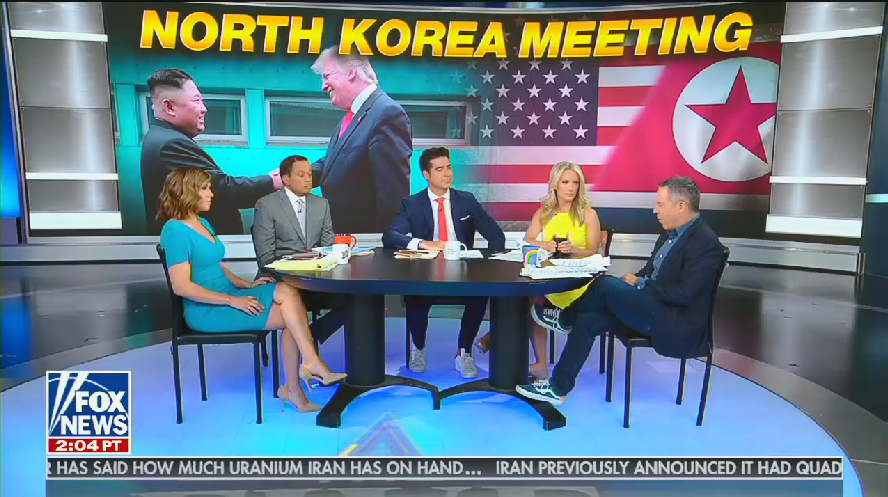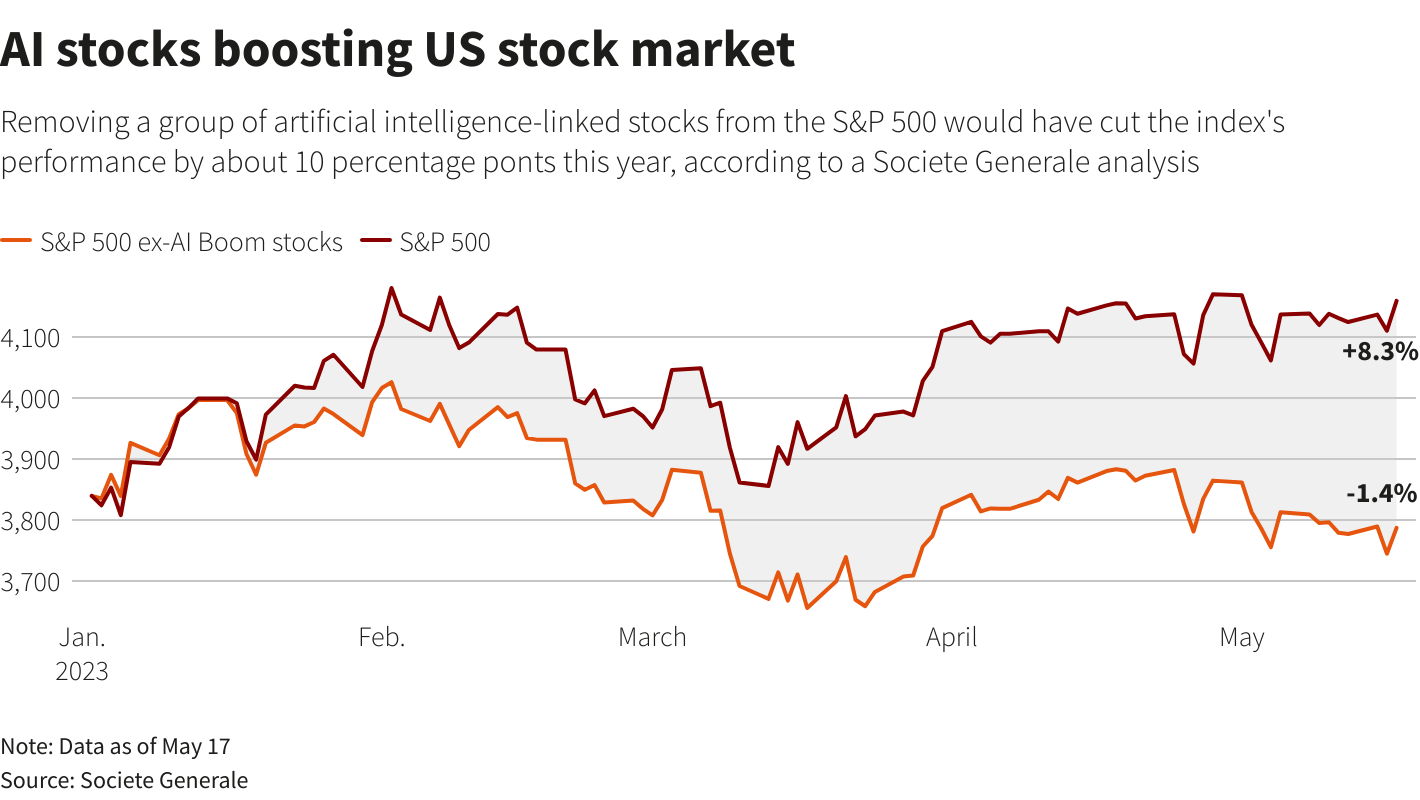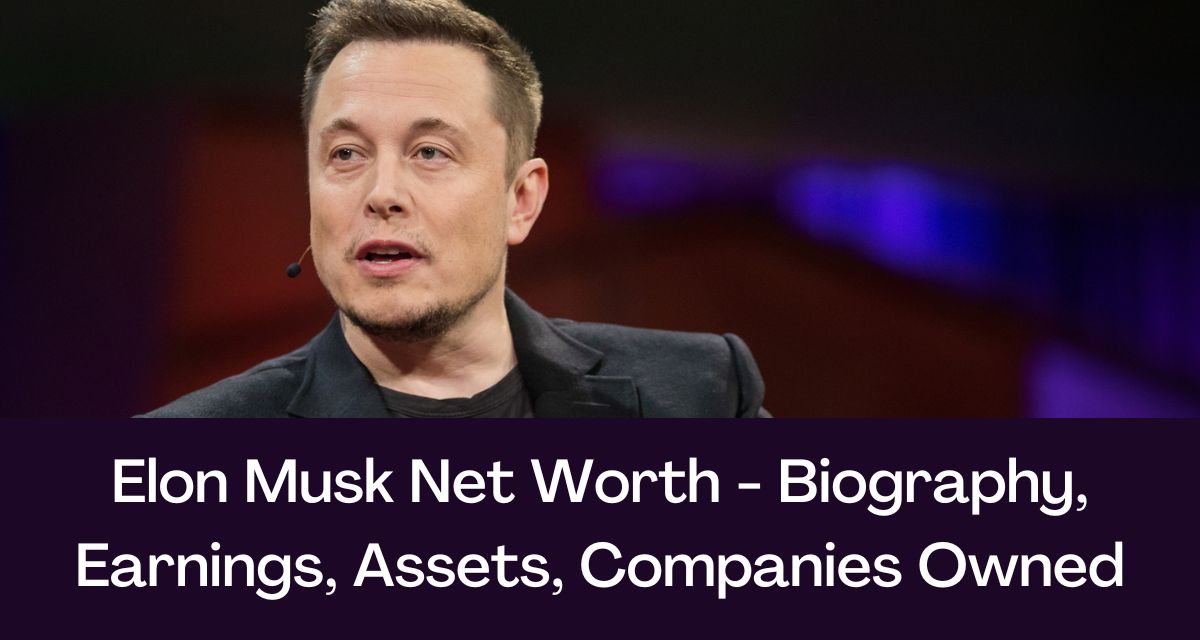FTC's Appeal Against Microsoft-Activision Merger: A Deep Dive

Table of Contents
The FTC's Core Arguments Against the Merger
The FTC's opposition to the Microsoft-Activision merger rests on several key concerns, all centered around the potential for anti-competitive behavior and harm to consumers.
Concerns Regarding Market Dominance
The FTC argues that the merger would grant Microsoft undue control over the gaming market, particularly due to Activision Blizzard's immensely popular Call of Duty franchise. This dominance could stifle competition and harm consumers in several ways:
- Stifling competition from other console makers: The FTC fears Microsoft could leverage Call of Duty's popularity to disadvantage competitors like Sony's PlayStation and Nintendo Switch, potentially making them less attractive to consumers. This could lead to a reduction in platform diversity and innovation.
- Limiting consumer choice and potentially raising prices: With less competition, Microsoft could potentially raise prices for Call of Duty and other Activision Blizzard titles, reducing consumer choice and increasing costs.
- Preventing innovation in the gaming industry: A dominant market position allows a company to slow down innovation. Microsoft's control could stifle the development of new and competing games.
- Creating a monopoly in key game genres: Activision Blizzard's portfolio includes titles spanning various genres. The merger could create a monopoly in certain segments, limiting competition and creativity.
The Importance of Cloud Gaming
The FTC also highlights the burgeoning cloud gaming market and Microsoft's potential to leverage Activision Blizzard's titles to dominate this space. This could result in:
- Restricting access to Activision games on competing cloud platforms: Microsoft might make Activision Blizzard games exclusive to its own cloud gaming service, hindering competitors like Google Stadia and Amazon Luna.
- Potentially excluding smaller game developers from cloud gaming opportunities: A dominant player could create barriers to entry for smaller studios seeking to participate in cloud gaming.
- Creating barriers to entry for new competitors in cloud gaming: Microsoft's control could make it harder for new entrants to establish themselves in the cloud gaming market, limiting competition and innovation.
Concerns About Anti-Competitive Practices
The FTC further alleges that the merger could lead to various anti-competitive practices, including:
- Exclusive content deals: Microsoft could use its influence to secure exclusive content deals, making certain games only available on Xbox or its cloud gaming platform.
- Strategic pricing to harm competitors: Microsoft might use aggressive pricing strategies to drive competitors out of the market.
- Withholding key titles from rival platforms: The FTC fears Microsoft might withhold popular Activision Blizzard titles from competing platforms to give Xbox a significant advantage.
Microsoft's Defense and Counterarguments
Microsoft has vigorously defended the merger, presenting counterarguments to address the FTC's concerns.
Promises to Maintain Call of Duty Availability
Microsoft insists that it will continue to make Call of Duty available on various platforms, including PlayStation, ensuring continued access for a broad audience. They have proposed:
- Long-term agreements to ensure continued cross-platform access: Microsoft has offered long-term contracts to guarantee Call of Duty's presence on PlayStation.
- Addressing the FTC's concerns about market dominance and consumer harm: Microsoft argues the merger will benefit consumers through innovation and wider availability of games.
- Highlighting the benefits of the merger for gamers and developers: Microsoft emphasizes the advantages of combining Activision Blizzard's talent and resources with its own.
Emphasis on Cloud Gaming Benefits
Microsoft argues that the merger will accelerate innovation and competition in the rapidly developing cloud gaming market, not stifle it:
- Investments in cloud gaming infrastructure: Microsoft plans to invest heavily in its cloud gaming infrastructure, making gaming more accessible.
- Increased accessibility for gamers: Microsoft states the merger will bring more games to more players through cloud gaming.
- Creating new opportunities for game developers: The merger, according to Microsoft, could open new opportunities for smaller game developers.
Addressing Anti-Competitive Concerns
Microsoft dismisses allegations of anti-competitive practices, asserting that the merger will benefit consumers and promote competition:
- Highlighting the benefits of the merger for consumers: Microsoft emphasizes increased choice, lower prices, and greater innovation as potential consumer benefits.
- Presenting evidence to refute the FTC's claims: Microsoft has provided data and analysis to counter the FTC's arguments.
- Offering commitments and remedies to address concerns: Microsoft has offered various concessions and remedies to alleviate the FTC's concerns.
Potential Implications and Outcomes
The FTC's appeal against the Microsoft-Activision merger holds significant implications for the future of the gaming industry and antitrust regulation.
Impact on the Gaming Industry
The outcome will profoundly shape the future of mergers and acquisitions in the gaming industry:
- Setting precedents for future antitrust reviews in the tech industry: This case will create a precedent for how future tech mergers will be reviewed.
- Impacting the strategy of game developers and publishers: The decision will influence how companies approach mergers and acquisitions.
- Influencing the competitive dynamics within the gaming market: The ruling will reshape the competitive landscape of the gaming market.
Regulatory Scrutiny of Tech Mergers
This case underscores the increasing regulatory scrutiny of large tech mergers globally:
- The growing importance of antitrust enforcement in the digital age: The case highlights the need for robust antitrust enforcement in the tech sector.
- The challenges in regulating rapidly evolving technology markets: Regulators face the challenge of keeping pace with rapid technological advancements.
- Increased collaboration between international regulatory bodies: The case could lead to greater international cooperation in regulating tech mergers.
The Future of Cloud Gaming
The outcome of the appeal will significantly impact the future of cloud gaming:
- Impacting investment in cloud gaming infrastructure: The decision could influence investment decisions in cloud gaming infrastructure.
- Shaping the competitive landscape of cloud gaming platforms: The ruling will likely shape the competitive dynamics within the cloud gaming market.
- Determining the accessibility and affordability of cloud gaming for consumers: The outcome could influence the accessibility and affordability of cloud gaming for consumers.
Conclusion
The FTC's appeal against the Microsoft-Activision merger represents a pivotal moment for the gaming industry and antitrust law. The arguments presented by both sides reveal the complexity of regulating mergers in a rapidly evolving digital environment. The outcome will have significant implications for the future of gaming, particularly in the cloud gaming sector, and will set precedents for future mergers and acquisitions in the tech industry. To stay informed on the latest developments in this landmark case and understand its broader impact, continue following updates on the FTC's Appeal Against Microsoft-Activision Merger. Further research into the arguments presented by both sides is encouraged to form a complete understanding of this complex legal battle.

Featured Posts
-
 Hollywood Production Grinds To Halt Amidst Joint Actors And Writers Strike
May 10, 2025
Hollywood Production Grinds To Halt Amidst Joint Actors And Writers Strike
May 10, 2025 -
 Fox News Hosts Sharp Rebuttal To Colleagues Trump Tariff Stance
May 10, 2025
Fox News Hosts Sharp Rebuttal To Colleagues Trump Tariff Stance
May 10, 2025 -
 Unexpected Wall Street Rally Reversal Of Bear Market Trends
May 10, 2025
Unexpected Wall Street Rally Reversal Of Bear Market Trends
May 10, 2025 -
 Dijon Deces D Un Jeune Ouvrier Suite A Une Chute D Immeuble
May 10, 2025
Dijon Deces D Un Jeune Ouvrier Suite A Une Chute D Immeuble
May 10, 2025 -
 Elon Musks Net Worth A Deep Dive Into The Recent 300 Billion Drop
May 10, 2025
Elon Musks Net Worth A Deep Dive Into The Recent 300 Billion Drop
May 10, 2025
